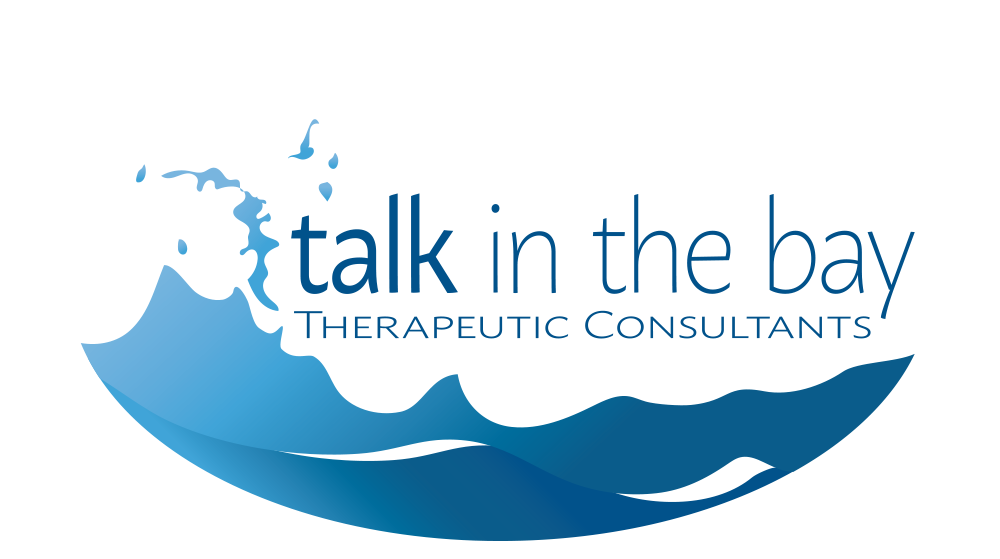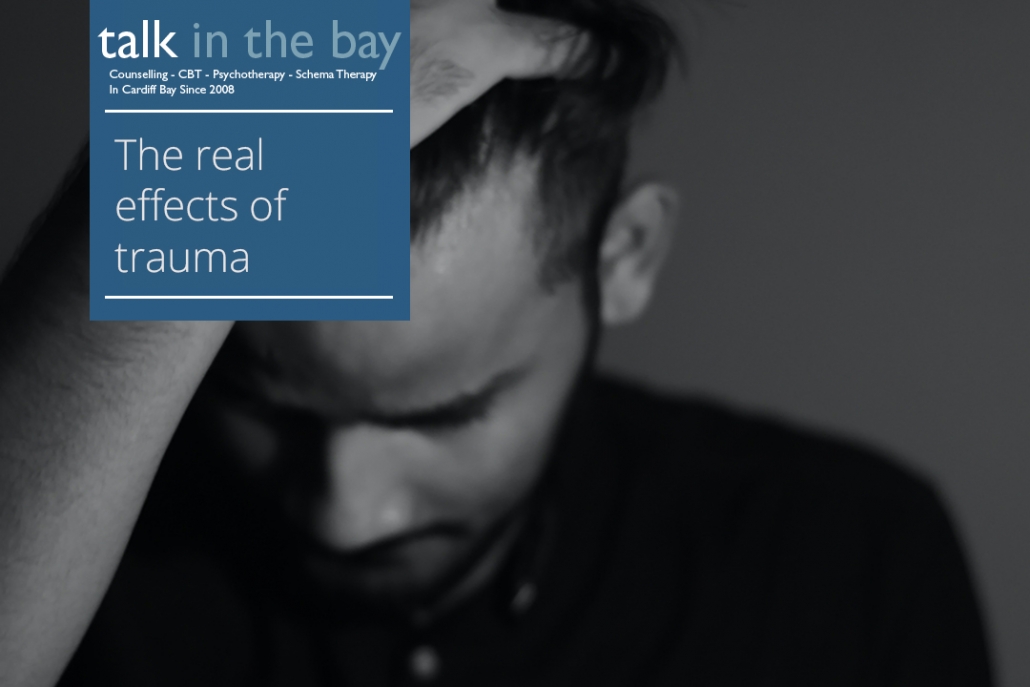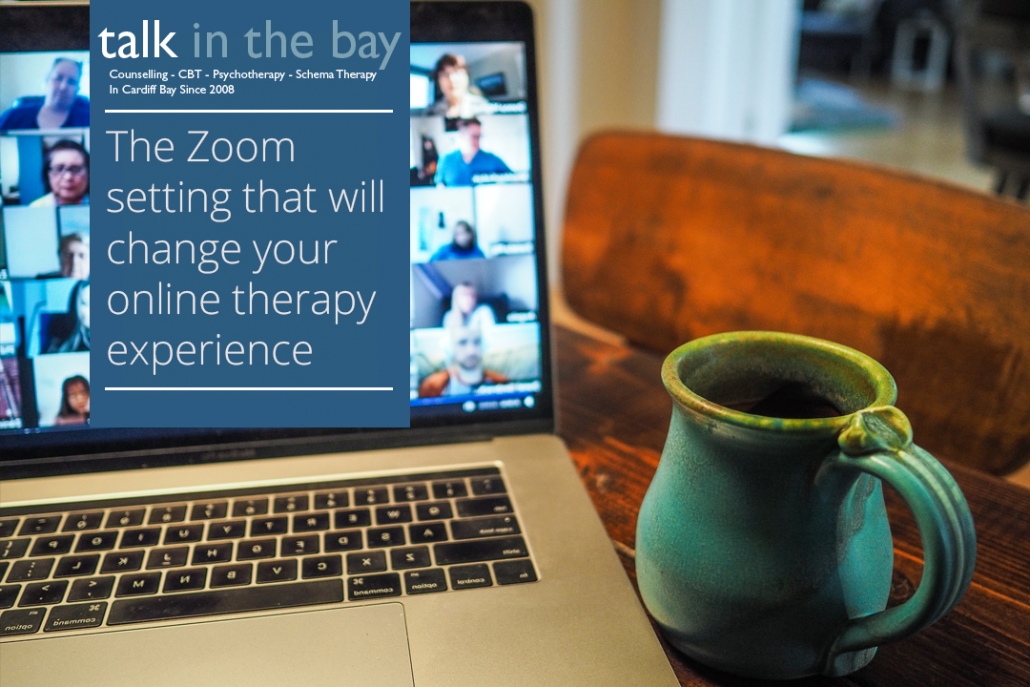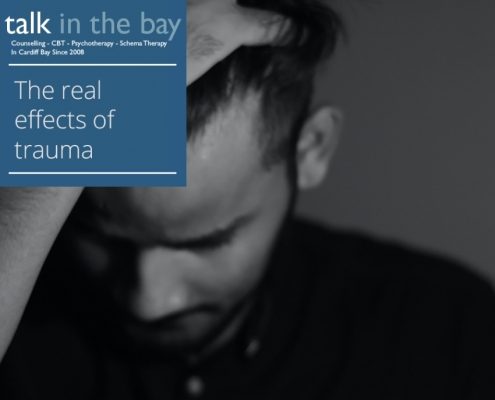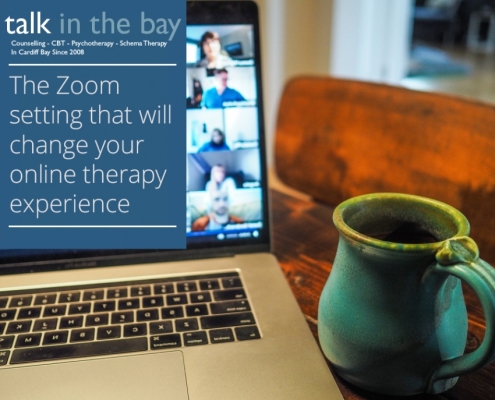What is obsessive compulsive disorder counselling?
People whose lives are dominated by compulsive hand-washing or having to re-check the locks in their home often suffer from Obsessive Compulsive Disorder. It usually involves obsessions (intrusive thoughts or impulses) and compulsions (repeated behaviours) such as washing, checking or counting to counteract them.
The repetition usually brings no pleasure, as addictive behaviours do, and is usually seen as irrational to the sufferer. Often it is an exhausting way of managing a fear and can be secretive.
Symptoms
- Checking and re-checking doors, locks or safely features
- Compulsively cleaning hands, surfaces or clothing
- Continually aligning and stacking items in order
- Repeatedly counting or praying
- Depressed mood or guilt
- Intrusive worries about harming or hurting another
Causes
It is an anxiety disorder which affects almost a million people in Britain; 2% of the population, and interferes with, or even disrupts, daily life. At a physical level it may involve communication problems between the brain’s orbital cortex and the deeper structure so that a message or thought becomes ‘stuck’. Low serotonin levels have also been detected in sufferers.
The compulsion is often carried out to prevent the obsession being true, and so the repeated behaviours can maintain the condition as the rituals appear to keep the fears at bay, i.e. the house does not get burgled because all the locks were carefully checked. Sometimes the condition seeks to control an internal destructiveness that the sufferer fears.
Most men develop the disorder in their teens, and women in their 20′s and symptoms come and go, often increased by stress.
 https://talkinthebay.co.uk/wp-content/uploads/2022/10/World-Mental-Health-Day-2022-e1716448698921.jpg
563
1080
Carin Stenbeck
https://talkinthebay.co.uk/wp-content/uploads/2022/02/TalkintheBay_Logo_300dpi_Large.png
Carin Stenbeck2022-10-03 13:53:512022-10-04 13:39:59World Mental Health Day 22
https://talkinthebay.co.uk/wp-content/uploads/2022/10/World-Mental-Health-Day-2022-e1716448698921.jpg
563
1080
Carin Stenbeck
https://talkinthebay.co.uk/wp-content/uploads/2022/02/TalkintheBay_Logo_300dpi_Large.png
Carin Stenbeck2022-10-03 13:53:512022-10-04 13:39:59World Mental Health Day 22